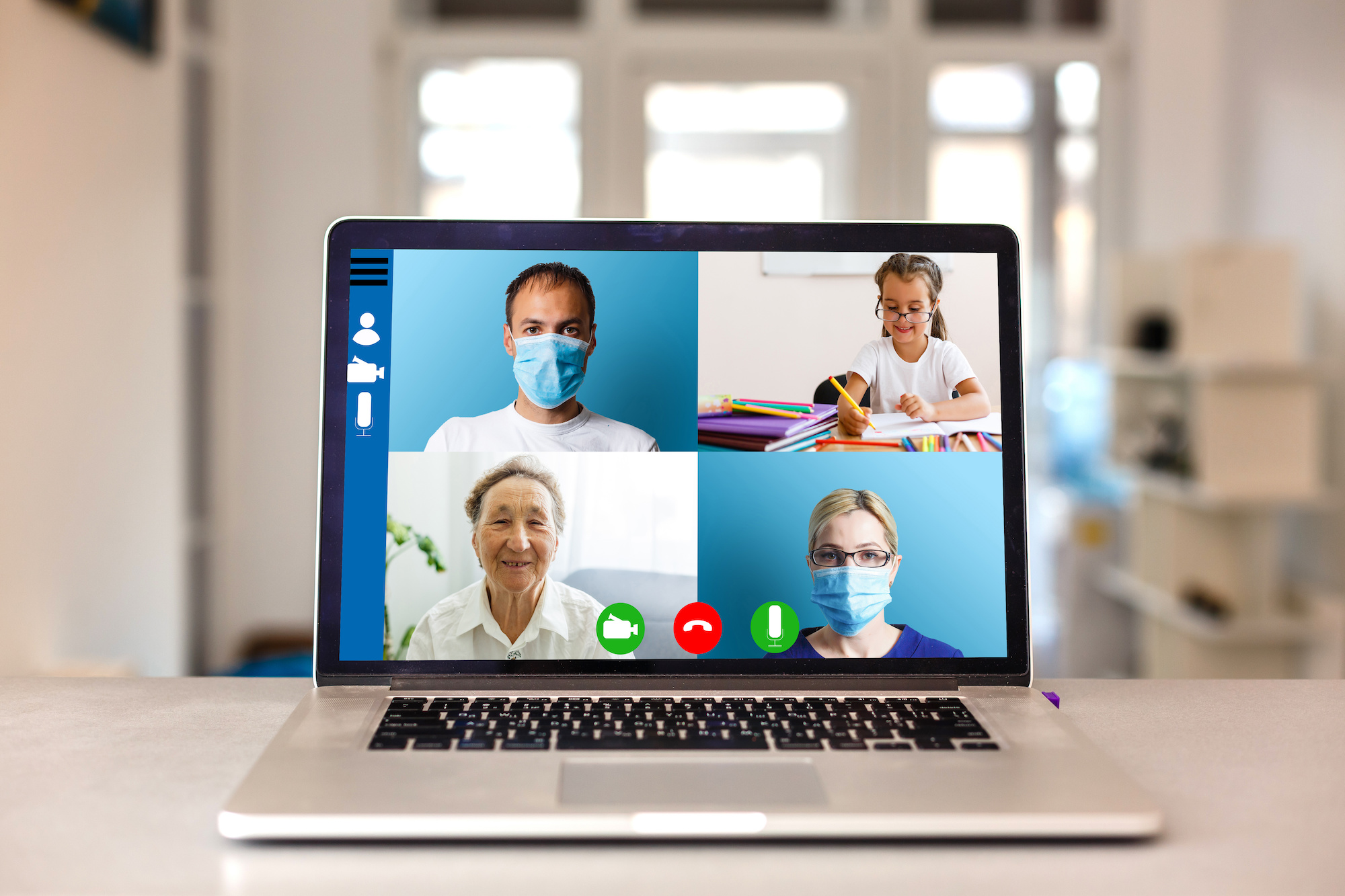
Clarity, communication and flexibility will keep medical staff sane during coronavirus
The coronavirus disease 2019 (COVID-19) is causing stressful times for all healthcare workers, including physician office employees. There is enhanced anxiety among medical staff who are concerned about contracting the coronavirus from patients or fellow staff members, how to manage children at home when schools are closed, and decisions about furloughs, unpaid leave or working remotely.
It is times like these when leadership becomes important: effective leaders can calm the coronavirus waters in individual medical practices and make employees feel that they are important and necessary in taking care of patients – which is true.
Medical staff can’t just stop during the coronavirus
As the confirmed cases and the death toll rises, employees are becoming increasingly paranoid. Morale is declining in many practices as employees fear for their lives. In addition, they’re overwhelmed with the change to their normal routines due to children being home and warnings becoming more urgent for their elderly parents.
The reality is, medical staff can’t simply stop operating because of the coronavirus. But remote work for many might be a possibility.
While most hospitals and large practices have a crisis plan in place, many smaller practices are not prepared to deal with the severity of the coronavirus. As a physician, I want to offer a few suggestions that may be helpful in alleviating some of the tension that is likely occurring in your practice.
Tips for employee motivation during the coronavirus
- Begin by educating yourself and your staff. There are a lot of unknowns about this disease, but it is important to share what is known with the office staff. Because we are physicians, we should have a minimum knowledge that we need to share with our staff and our patients. There are credible websites and podcasts that provide honest information that we can lead our staff and patients to. One of the best examples is Dr. Sanjay Gupta’s podcast Coronavirus: Fact or Fiction.
- It is important to avoid panic. Don’t be negative about the situation. Employees look to the physicians and office managers to model their behavior, especially in times of crisis. Therefore, it is important doctors remain calm and manage their emotions.
- Clear communications. Doctors should keep employees and contractors updated on office hours and policies, cleaning procedures, self-protection and gear, and the latest virus news.
- Off-the-cuff comments can be catastrophic. Make every effort to avoid discriminatory remarks, especially toward Asian colleagues who might be blamed for the origin of the disease.
Coronavirus and employee motivation scenarios
Let’s imagine two scenarios.
Scenario #1: A middle-aged billing clerk with chronic obstructive pulmonary disease or chronic use of steroids asks to work from home because of her high risk for contracting the coronavirus.
Scenario #2: A 30-year-old nurse has younger children who are at home because schools have closed for the foreseeable future and she asks to work from home to take care of them.
Of course, there are no right or wrong answers to the management of these two scenarios. Certainly, the first scenario would suggest that the practice find a way to take an at-risk employee and decrease her exposure to the virus. If she can perform her duties at home, this would be a reasonable solution to allow her to work remotely.
The second scenario is a little more difficult. The nurse may not be the only employee with young children, and giving her permission to work from home may create a domino effect of other employees asking for the same permissions.
The telemedicine option for patient and healthcare worker safety
Perhaps nothing is going to be more attractive to physicians, staff and patients in these trying times than the use of telemedicine. Right now, the Department of Health and Human Services’ (HHS’) waiver states that doctors can “provide telehealth services through remote communications technologies,” including free, popular chat apps like FaceTime, Skype and Google Hangouts. (See our apps comparison chart for chat app durability and HIPAA compliance.)
The administration is giving patients greater access to care through telehealth during the COVID-19 outbreak, especially with HHS’ HIPAA waiver. Plus, the Centers for Medicare & Medicaid Services announced that remote consults are reimbursable.
By allowing nurses and techs to conference in on video and telephonic chats (with the patient’s permission, of course), it not only keeps employees engaged by taking notes and coding the virtual visits so they can be reimbursed, it frees up the physician to concentrate solely on patient discourse and diagnosis.
Bottom line: Yes, these are difficult times and we have to make every effort to be sensitive and understand the needs and wants of our employees. If they feel unsafe or are distracted, they are not going to provide outstanding and compassionate care for our patients. As physicians, we have to step up to the plate and promote an atmosphere of safety and clear communication for our staff and help them weather this storm.
More practice management advice
We offer a wealth of free advice on practice management and many other topics.